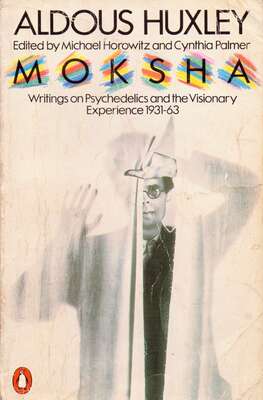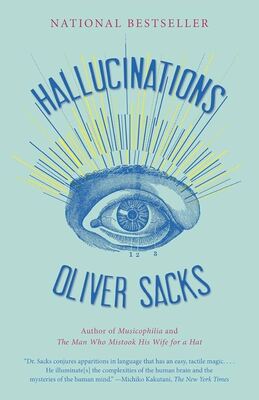
I saw what Guardi had seen and (with what incomparable skill) had so often rendered in his paintings—a stucco wall with a shadow slanting across it, blank but unforgettably beautiful, empty but charged with all the meaning and the mystery of existence. The revelation dawned and was gone again within a fraction of a second.
Very occasionally a single “anaesthetic revelation” may act, like any other theophany, to incite its recipient to an effort of self-transformation and upward self-transcendence. But the fact that such a thing sometimes happens can never justify the employment of chemical methods of self-transcendence.
All existing drugs are treacherous and harmful. The heaven into which they usher their victims soon turns into a hell of sickness and moral degradation. They kill, first the soul, then, in a few years, the body. What is the remedy? “Prohibition,” answer all contemporary governments in chorus. But the results of prohibition are not encouraging. Men and women feel such an urgent need to take occasional holidays from reality, that they will do almost anything to procure the means of escape.
